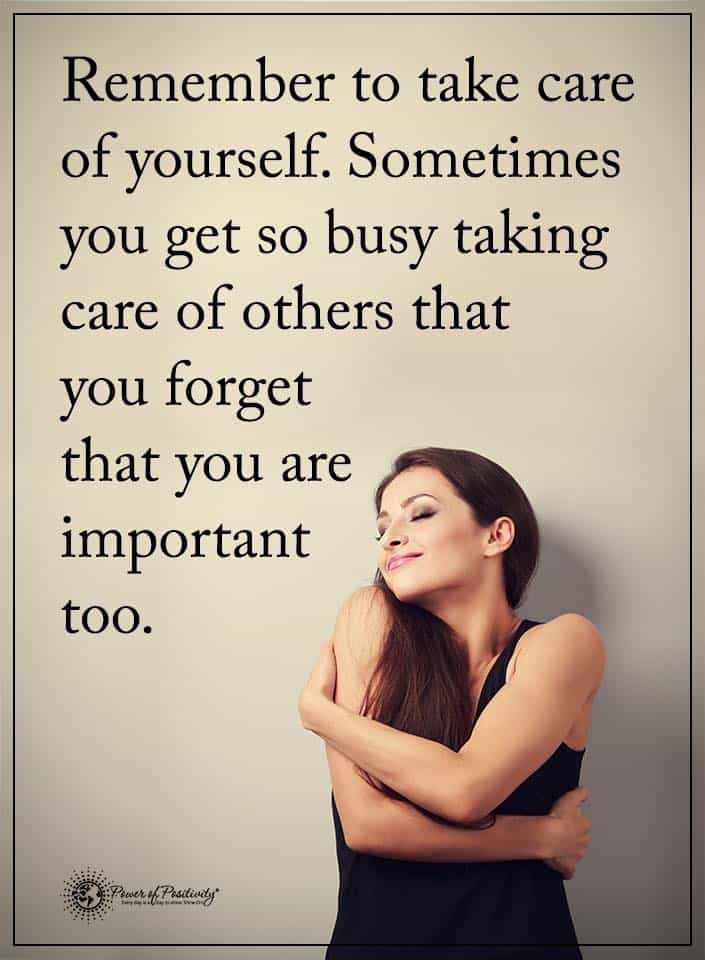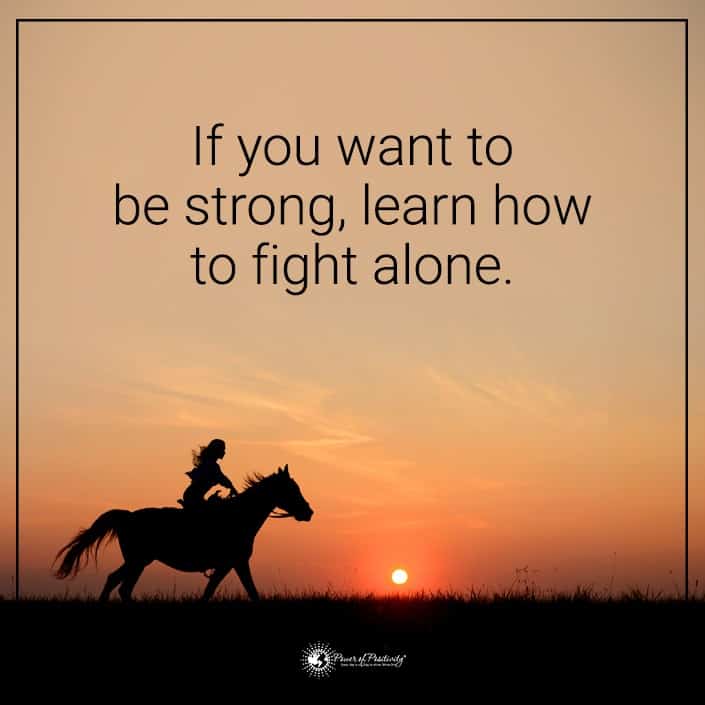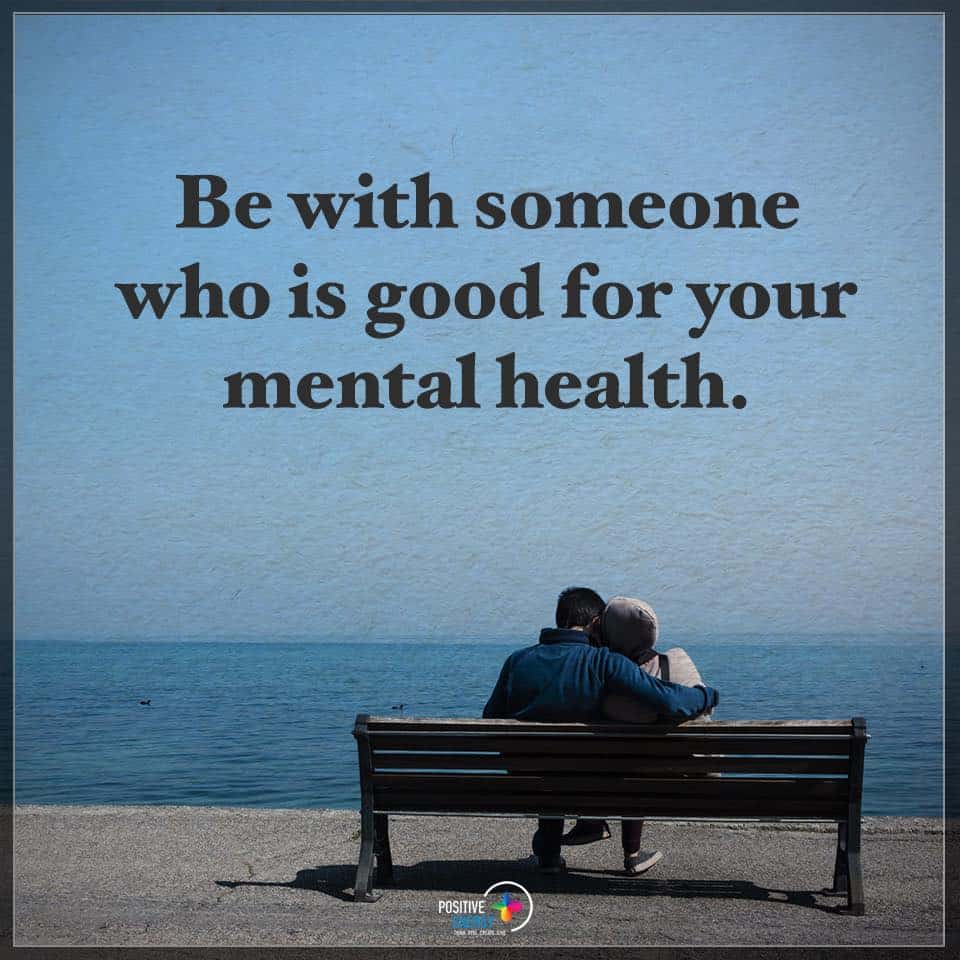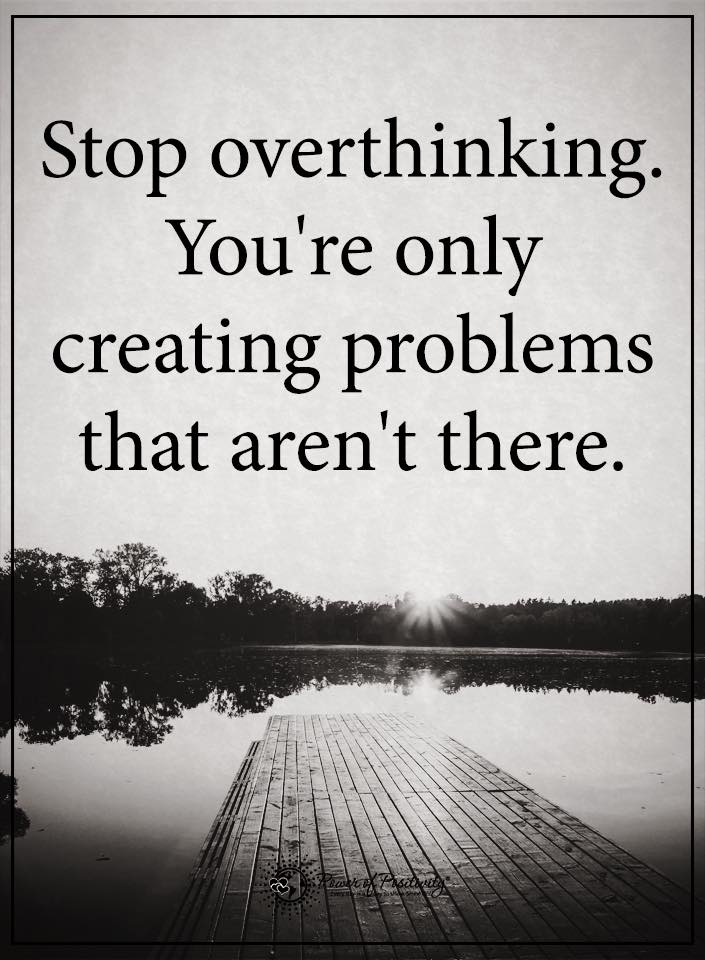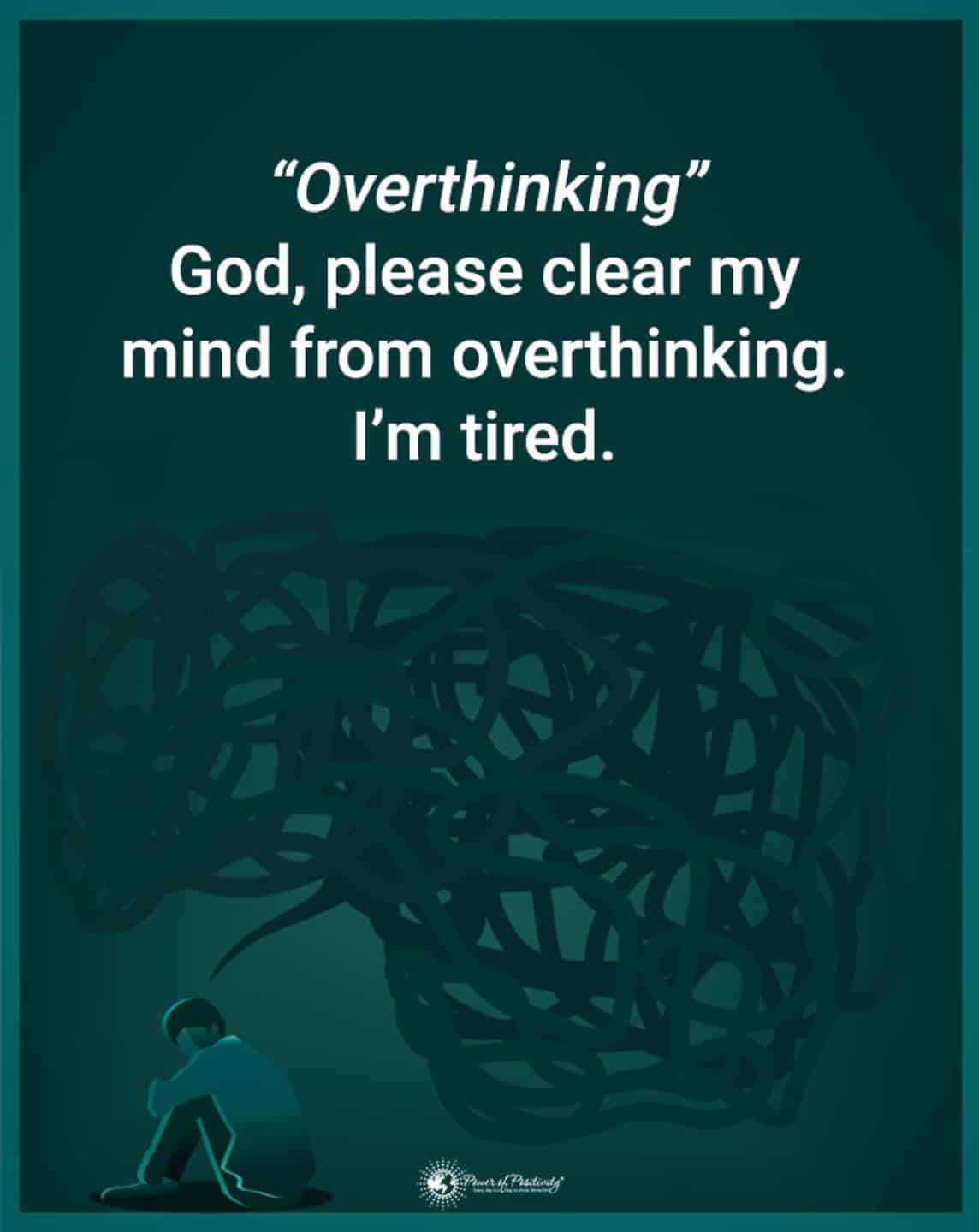The phases of the moon throughout the month can affect your zodiac sign differently than they do for someone else, and you should know what to expect as the moon changes its shape. Let’s look at how the phases of the moon will affect your sign throughout each month so you can be prepared for the difference in energy that you may feel.
People hold certain beliefs about how the moon affects behavior, and researchers looked at who was more likely to believe in the effects of the moon. Researchers at the University of New Orleans say 43% of people ‘held the personal belief that lunar phenomena alter individual behavior. Specifically, mental health professionals (social workers, master’s clinical psychologists, nurses’ aides, LPNs) held this belief more strongly than other occupational groups.’
Researchers at the Department of Experimental Therapy, The Institute of Immunology and Experimental Therapy, and Polish Academy of Sciences, in Wroc’aw, Poland say ‘The lunar cycle has an impact on human reproduction, in particular fertility, menstruation, and birth rate.’ The study also found that admittance to hospitals and emergency units for various reasons was associated with moon phases. They also found that the number of traffic accidents, crimes, and suicides had an identifiable pattern based on the phase of the moon.
The Moon Affect
When you look up in the sky and see the crescent moon, and the points of the crescent moon are to the left, the moon is said to be waxing or growing fuller. It will eventually become a full moon. Usually the waxing phases of the moon are a time of growth, things beginning, and more energy than other times.
If the points of the crescent moon are on the right, it means the moon is already past its full point and now it is getting smaller. Generally, a waning moon is a time of decrease, a time when things will be ending and when you may notice less energy for projects than you have at other times.
Let’s look at the monthly influences that the phases of the moon have for each zodiac sign and what you need to know about how the moon affects your sign.
Aries March 21 – April 19
* Full moon for Aries: Ending a project and getting recognition for your hard work
* New moon for Aries: Letting go of something that is holding you back. Seeking something new and exciting
Taurus April 20 – May 20
* Full moon for Taurus: Seeing success in relationships and finances
* New moon for Taurus: Reflect on the state of work, home, and finances and focus your energy on mundane things
Gemini May 21 – June 20
* Full moon for Gemini: Learning new things, using the new information to improve yourself, and lots of social activity
* New moon for Gemini: Thinking about future plans, difficulty focusing due to so many new ideas at this time
Cancer June 21 – July 22
* Full moon for Cancer: Peak of self-confidence, overflowing feelings of generosity, and plenty of home happiness
* New moon for Cancer: Inner reflection, contemplating making a change for the better
Related article: 10 Things You Need To Know About Loving A Cancer
Leo July 23 – August 22
* Full moon for Leo: Creativity, enthusiasm, and peak energy times. Feelings of passion for someone close to you.
* New moon for Leo: New flirtations, jumping in to new projects that excite you
Virgo August 23 – September 22
* Full moon for Virgo: Getting organized, feeling more energetic and committed to your priorities
* New moon for Virgo: Reevaluating procrastinated projects, making positive health changes
Libra September 23 – October 22
* Full moon for Libra: Influencing healthier relationships with those close to you, creativity increases
* New moon for Libra: Making plans for your future, focus on communication with others
Scorpio October 23 – November 21
* Full moon for Scorpio: Passion is at an all time high, positive emotional connections with many people
* New moon for Scorpio: Reflect on internal patterns of behavior that need to be changed, psychological healing
Sagittarius November 22 – December 21
* Full moon for Sagittarius: Your positive mood makes you attract others and you have many exciting flirtations
* New moon for Sagittarius: Seeking excitement and mental stimulation to break a cycle of boredom
Capricorn December 22 – January 19
* Full moon for Capricorn: Positive changes at work and at home, plenty of opportunity for fun social activities
* New moon for Capricorn: Evaluate priorities, make positive changes to eliminate wasted energy
Aquarius January 20 – February 18
* Full moon for Aquarius: Contributions are recognized by others, embrace positive changes that are beginning at this time
* New moon for Aquarius: Breaking old habits, contributing in a positive way to the greater society
Related article: What Does Your Sun Sign Reveal About Your Personality?
Pisces February 19 – March 20
* Full moon for Pisces: Emotional sensitivity is high and so is kindness toward those close to you
* New moon for Pisces: Making healthy alliances with people who can help you, removing blocked energy that is holding you back

